NHP alum (2022) a.k. payne was just honored as one of Variety’s 10 Storytellers to Watch in 2025. Along with 9 other writers, composers, and podcasters, they were honored at the Arkansas Cinema Society’s Filmland Festival.
Here’s an excerpt from the Variety article:
a.k. payne (“Furlough’s Paradise”)
“I started writing when I was in middle school, and I just fell in love with the way that playwriting invites folks into community,” says payne of their vocation. “The act of gathering in real time in a space felt really sacred to me and really significant, particularly in this age where so much is digital and so much connection is over social media.”
In 2025, the Yale-educated, non-binary and genderqueer artist and activist won the Susan Smith Blackburn Prize — the oldest and most prestigious award recognizing women+ writing for the English-speaking stage — for their critically acclaimed play “Furlough’s Paradise,” which premiered at Atlanta’s Alliance Theatre. It recently ended a run at L.A.’s Geffen Playhouse. It’s now being produced across the nation.
Payne, though, is grounded in their hometown of Pittsburgh, and its history and place in the Great Migration. “I think about it as part of Appalachia, and it feels like it’s at the crux between a town and a city and holding a lot of the values of Appalachia while also existing in the urban landscape.” The hills of Pittsburgh are where the poor and working class live, unlike most cities that see the wealthy flee to higher ground. “I think that really shapes how people see community and see the world, because you grow up sort of having a perspective of space that feels expansive and that feels alive and possible, even in the midst of the ways that capitalism and class very deeply affects daily life. That’s what I’m really curious about in terms of the city.”
Another artist from Pittsburgh who has influenced payne is venerable playwright August Wilson, who set his Century Cycle, exploring the Black experience, in the city’s heights.
Payne says their characters “are compelled by their worlds and by their internal convictions to desire and clamor for more. … I think the characters that I write about sometimes have really heightened circumstances that push them to imagine a different way. And I think the poetry that I am dancing with in my work really activates that as well, that like the character, their wants become sharper and more defined because of how the words are arranged on the page.”
—Carole Horst

